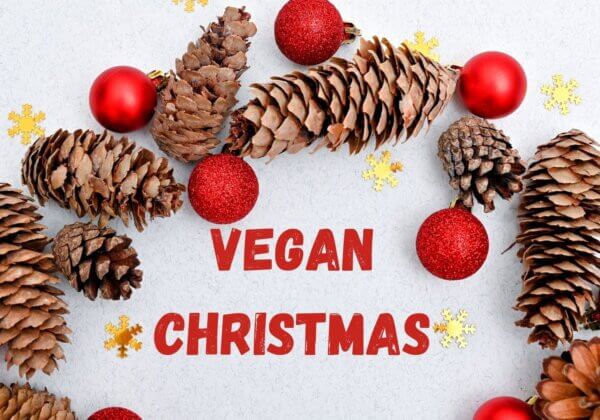10 Reasons Why Cows’ Milk is Bad for You
Animal milk has long been claimed as the go-to source of calcium by the dairy industry, but as it turns out, milk is bad for you. Calcium from animal milk is not absorbed as well as that from plant-based sources, and it can be accompanied by a number of dangerous health problems.
1. Broken bones and bone loss
In a Swedish medical study, women who consumed large quantities of dairy milk daily were more likely to sustain fractures than those who drank little to no milk. Instead of promoting bone health, animal protein in dairy products can have a calcium-leaching effect.
View this post on Instagram
2. Prostate cancer
Some evidence suggests that the consumption of milk and other dairy products leads to an increased risk of prostate cancer. Conversely, dairy-free diets have been followed to slow the progress of prostate cancer.
3. Lactose intolerance
Cow’s milk contains a sugar called lactose that can be difficult for people to digest, resulting in symptoms such as nausea, cramps, gas, bloating, and diarrhea. It can also develop later in life and result in months of worsening symptoms.
4. Acne
In multiple studies, the consumption of all types of cow’s milk was linked to an increased prevalence and severity of acne in both boys and girls.
5. Cholesterol
A single serving of milk can contain as much as 24 mg of cholesterol, whereas vegan food has no cholesterol.
6. Ovarian cancer
A Swedish study showed that women who consumed four or more servings of dairy products each day were twice as likely to develop serous ovarian cancer as those who consumed two or fewer servings of dairy products each day.
7. Milk allergies
Unlike lactose intolerance, milk allergies, usually in young children, are characterised by potentially strong and dangerous reactions, such as vomiting or anaphylaxis.
8. Antibiotics
Many cows are pumped full of antibiotics. This practice is leading to antibiotic-resistant bacteria, which may decrease the effectiveness of antibiotics used on humans.
9. Saturated fat
A single serving of whole milk can contain more than 20 percent of the recommended daily allowance (RDA) of saturated fat, but even 1 percent milk has 8 percent of the RDA. If you consume three servings of whole milk, you’re already at 60 percent for the day, even before eating any food.
10. Weight gain
Despite industry claims, a study of more than 12,000 children showed that the more milk they drank, the more weight they gained, and skim and 1 percent milk appeared, counter-intuitively, to lead to more weight gain than drinking 2 percent or whole milk. The study also found that replacing soda with milk did not lead to weight loss.
 Tamara Kenneally Photography
Tamara Kenneally PhotographyA dairy cow in an abattoir holding paddock with an engorged and painful udder.
These health factors, combined with the environmentally damaging nature of large-scale milk production, make it clear that cows’ milk is bad for you. If you think it’s time to ditch dairy products, try going vegan for 30 days, and check out these healthier cruelty-free milks!







